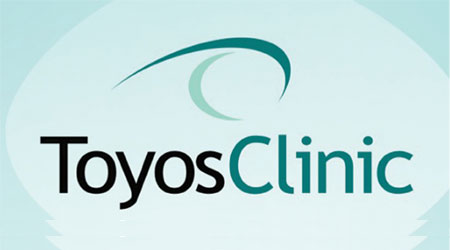
Retinol is one of the most studied molecules in skin care. A derivative of Vitamin A, retinol is the 2nd product (behind sunscreen) that you should choose if you find yourself on a deserted island and can only pack a few skin care products.
A lot of people think that all of the words on the label that start with “R” are equivalent. Not true. That’s why you have to have a prescription for some products and others are over the counter. In general, the over the counter formulas will help but the effects are less and these watered down versions take more time to see effects.
Retinoids work on a cellular level to increase collagen production, smooth out the skin and improve the texture and even out pigmentation. Used consistently, it will also smooth out fine lines and wrinkles. They also increase cell turnover which gives a healthier,more youthful appearance to the skin. A lot of people avoid retinoids because they can be harsh or irritating – that’s why microencapsulate our iScience Retinol product – it acts as a sustained release delivery system to reduce skin irritation common to other products. We also add moisturizers to ours to protect skin.
The other reason we microencapsulate our product is to protect it from breaking down in light or heat conditions. Retinol normally comes in a dark glass container to protect it. Even normal bathroom conditions can cause a loss of effectivity of your product. I recommend using it at night as well because there has been some evidence that retinoid compounds can cause some toxicity to the skin when exposed to direct sunlight for periods of time. Should you take your iScience retinol to the beach? Absolutely. Retinoids (like certain peptides) inhibit certain enzymes called collagenase that breaks down collagen in skin after sun, stress or pollution. By all means, put on your retinol (assuming you aren’t sunburned) to counteract the effects of your day at the beach.
Use iScience Retinol for a minimum of 8 weeks and you will see a guaranteed improvement in your skin’s texture and appearance. Keep using it twice weekly to sustain the anti-aging results.
Acne patients benefit from Retinol’s ability to regulate oil production and from the increase in cell turnover. In these cases, skin often temporarily “worsens” as impurities are pushed to the surface and then improves. Whether you are using it for acne, for anti-aging or both, it typically takes 3-4 weeks for skin to adapt to the new medication before some normal new product irritation dies down. If the irritation is persistent or very uncomfortable, I normally recommend decreasing the frequency of application by half until things stabilize then working your way up again.
Retinoids are powerful agent for skin change. Like any product, you have to know when to use them and how much to use. Call Toyos Clinic or check our website to order your Retinol today. 615.327.4015.

